Home>Home Maintenance>Why Isn’t My Freezer Freezing
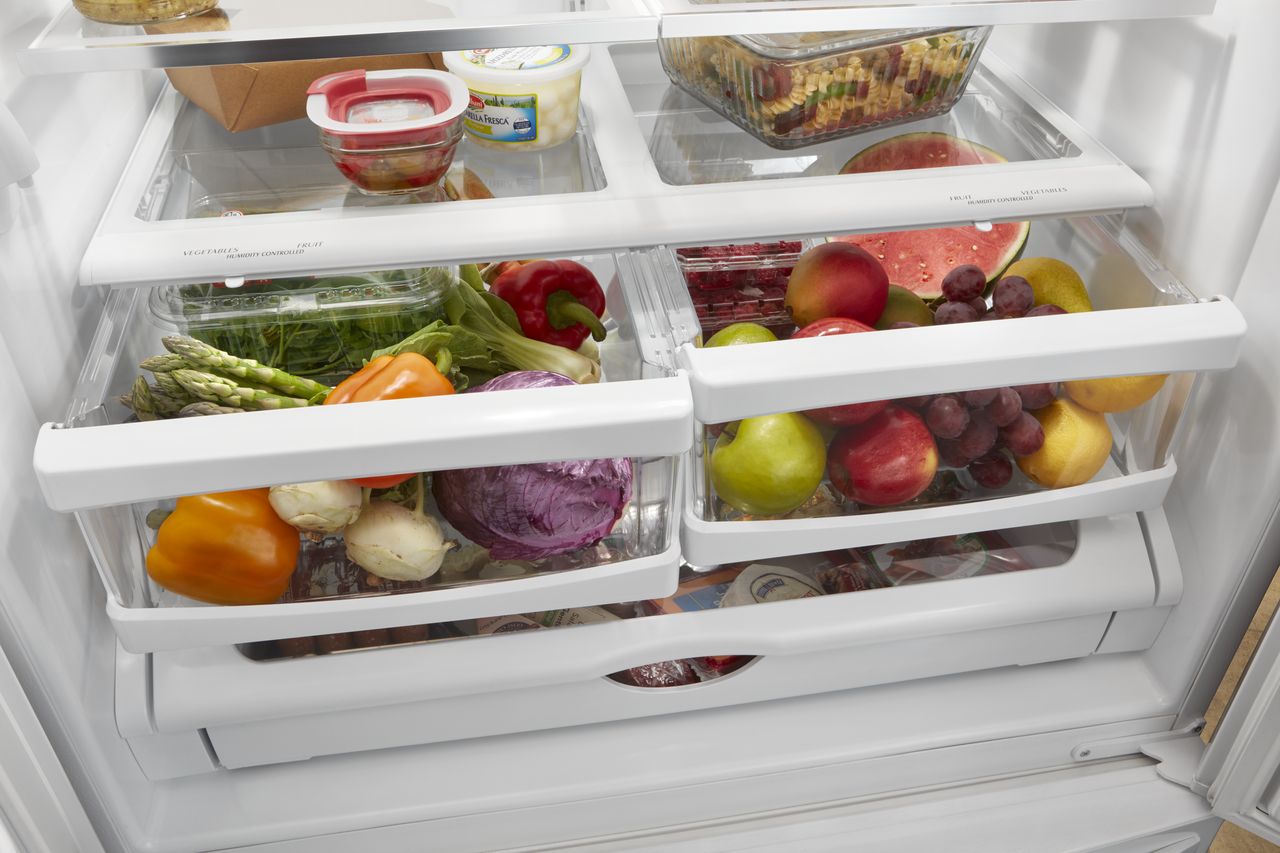

Home Maintenance
Why Isn’t My Freezer Freezing
Modified: October 20, 2024
Discover articles on why your freezer isn't freezing and find solutions to fix the problem. Gain insights and troubleshooting tips for optimal freezer functionality.
(Many of the links in this article redirect to a specific reviewed product. Your purchase of these products through affiliate links helps to generate commission for Storables.com, at no extra cost. Learn more)
Introduction
A freezer not freezing can be a frustrating problem, especially when you rely on it to keep your perishable foods preserved and fresh. It’s not only inconvenient, but it can also lead to food spoilage and waste. Understanding the common reasons for a freezer not freezing and finding appropriate solutions is crucial to restore its functionality and prevent future issues.
In this article, we will explore the common causes of a freezer not freezing and provide potential solutions to address them. Additionally, we will share some maintenance tips to help you prevent freezer problems and ensure optimal performance.
So, if you’re wondering why your freezer is not freezing, read on to find out more!
Key Takeaways:
- Troubleshoot and resolve common freezer issues like power supply, door seal problems, frost buildup, temperature control settings, and blocked airflow to restore freezing capability and prevent food spoilage.
- Regular maintenance, such as cleaning, proper usage, and professional inspections, is essential to prevent freezer problems and ensure optimal freezing performance for years to come.
Read more: Why Is My Refrigerator Freezing My Food
Common Reasons for a Freezer Not Freezing
A freezer that fails to freeze can be attributed to several common causes. Understanding these underlying issues will help you troubleshoot and resolve the problem effectively. Here are some common reasons to consider:
Power Issues
One of the first things to check when your freezer is not freezing is the power supply. Ensure that the freezer is properly plugged in and that the circuit breaker hasn’t tripped. If the power supply is fine, but the freezer is still not freezing, it may be due to a faulty power cord or internal wiring issues, requiring professional assistance.
Door Seal Problems
The door seal, also known as the gasket, plays a crucial role in maintaining the internal temperature of the freezer. A damaged or worn-out seal can result in cold air leakage, causing the freezer to lose its ability to freeze properly. Inspect the door seal for any visible signs of damage or gaps. If you notice issues, replace the seal to restore proper sealing.
Frost Buildup
Frost buildup inside the freezer can restrict airflow and disrupt its cooling capability. This can happen due to a variety of reasons, such as leaving the freezer door open for an extended period or a faulty defrost system. If you notice excessive frost accumulation, it’s important to defrost the freezer and remove the ice buildup. Clean the freezer thoroughly and ensure there are no obstructions hindering proper airflow.
Read more: Why Is My AC Freezing Over
Temperature Control Settings
Incorrect temperature control settings can also lead to a freezer not freezing. Make sure the temperature settings are adjusted correctly according to the manufacturer’s guidelines. If the temperature control is malfunctioning, it may need to be replaced. Additionally, avoid frequently changing the temperature settings as it can affect the freezer’s ability to maintain a consistent temperature.
Blocked Airflow
Proper airflow is essential for a freezer to function optimally. If the airflow vents are blocked by items placed too close to them, the cold air may not circulate properly, leading to insufficient freezing. Make sure there is enough space around the vents for air to flow freely. Also, check for any obstructions behind the freezer that could impede airflow.
Now that we have explored the common reasons for a freezer not freezing, let’s move on to potential solutions to address these issues.
Potential Solutions for a Freezer Not Freezing
When dealing with a freezer that isn’t freezing, there are several potential solutions to consider. Depending on the underlying cause, you may be able to resolve the issue on your own. Here are some potential solutions to get your freezer back to its freezing best:
Check the Power Supply
The first step is to ensure that the freezer is properly connected to a power source. Check that the power cord is securely plugged in and that the outlet is functioning. If the power supply is not the issue, consider checking the circuit breaker to ensure it hasn’t tripped. In case of a faulty power cord or internal wiring problems, it is advisable to seek professional help.
Read more: Why Are My Air Conditioning Pipes Freezing
Inspect and Replace the Door Seal if Necessary
A damaged or worn-out door seal can lead to cold air leakage, preventing your freezer from reaching the desired temperature. Inspect the door seal for any signs of damage, such as cracks, tears, or gaps. If you notice any issues, replace the seal with a compatible one to ensure a proper seal and maintain optimum freezing conditions.
Defrost and Remove Frost Buildup
If excessive frost has accumulated inside the freezer, it can impede airflow and hinder the freezing process. Start by unplugging the freezer and transferring your food to a temporary cold storage solution. Allow the freezer to defrost naturally or use a hairdryer on the lowest heat setting to speed up the process. Once defrosted, clean the interior thoroughly and remove any remaining ice buildup. Make sure there are no obstructions blocking the vents and preventing proper airflow.
Adjust Temperature Control Settings
Check the temperature control settings of your freezer and ensure they are correctly set according to the manufacturer’s guidelines. If the temperature control is not functioning properly, it may need to be replaced. Avoid frequently changing the temperature settings, as this can disrupt the freezer’s ability to maintain a consistent temperature, impacting its freezing performance.
Ensure Proper Airflow in the Freezer
Proper airflow is essential for efficient freezing. Check the vents and ensure they are not blocked by items placed too close to them. Allow enough space around the vents for air to circulate freely. Additionally, check that there are no obstructions behind the freezer that could impede airflow. This will help maintain optimal freezing conditions.
By following these potential solutions, you can increase the chances of restoring your freezer’s freezing capability. However, if the issue persists or you are unsure about performing any repairs, it is advisable to seek professional assistance to avoid causing further damage.
Read more: Why Does My Television Keep Freezing?
Maintenance Tips to Prevent Freezer Issues
Prevention is always better than dealing with a freezer that is not freezing. By following these maintenance tips, you can minimize the likelihood of encountering issues and ensure your freezer functions optimally:
Regularly Clean the Freezer
Regular cleaning is essential to keep your freezer in top condition. Clean the interior at least once every few months to remove any spills, food remnants, and build-up. Thoroughly wipe down all surfaces with a mild detergent and warm water. Remember to unplug the freezer before cleaning and ensure it is completely dry before plugging it back in.
Avoid Overloading the Freezer
Overloading your freezer can restrict airflow and strain the cooling system, resulting in poor freezing performance. Be mindful of the maximum storage capacity specified by the manufacturer and avoid exceeding it. Organize your food items properly and leave enough space between them for efficient air circulation.
Keep the Freezer in a Suitable Location
The location of your freezer can impact its performance. Keep it away from heat sources such as direct sunlight, ovens, and radiators. Excessive heat can force the compressor to work harder to maintain the desired temperature, affecting freezing efficiency. Additionally, make sure the freezer is placed on a level surface to prevent vibration and ensure proper functioning.
Read more: Why Is My Window AC Freezing Up
Check and Replace Damaged Components
Regularly inspect the various components of your freezer for any signs of damage or wear. Check the door seal, hinges, and latches for any issues. If you notice cracks, tears, or gaps in the door seal, replace it promptly to maintain a proper seal. Additionally, if you identify any damaged or malfunctioning components, it is advisable to have them repaired or replaced by a professional.
Schedule Professional Maintenance if Needed
While regular cleaning and maintenance can help prevent many freezer issues, it’s also essential to schedule professional maintenance periodically. A professional technician can inspect and service your freezer, ensuring all components are functioning correctly. They can also address any underlying problems that may affect its freezing capability. Consider scheduling professional maintenance annually or as recommended by the manufacturer.
By following these maintenance tips, you can minimize the chances of encountering a freezer not freezing issue. Regular cleaning, proper usage, and professional maintenance will help keep your freezer in excellent condition, ensuring optimum freezing performance for years to come.
Conclusion
A freezer not freezing can be a frustrating problem, but understanding the common reasons behind it and implementing the appropriate solutions can help restore its functionality. Power issues, door seal problems, frost buildup, temperature control settings, and blocked airflow are common culprits that can hinder your freezer’s ability to freeze properly.
By checking the power supply, inspecting and replacing the door seal if necessary, defrosting and removing frost buildup, adjusting temperature control settings, and ensuring proper airflow, you can troubleshoot and resolve many freezer issues on your own. Regular maintenance is also crucial to prevent future problems. Follow these tips to keep your freezer in optimal condition: regularly clean the freezer, avoid overloading it, keep it in a suitable location, check and replace damaged components, and schedule professional maintenance if needed.
If you have tried all the solutions and your freezer still isn’t freezing, or if you’re unsure about performing repairs, it’s best to seek professional assistance. They will have the expertise and tools to diagnose and resolve complex issues, ensuring that your freezer functions optimally.
Remember, prevention is key. By being proactive with maintenance and following the recommended guidelines, you can minimize the chances of encountering a freezer not freezing issue in the first place. Taking care of your freezer will not only save you time and money but also ensure that your food remains fresh and properly preserved.
So, if you find yourself facing a freezer that isn’t freezing, don’t panic. With a little troubleshooting and proper maintenance, you can overcome the problem and enjoy the reliable freezing capabilities of your freezer once again.
Frequently Asked Questions about Why Isn't My Freezer Freezing
Was this page helpful?
At Storables.com, we guarantee accurate and reliable information. Our content, validated by Expert Board Contributors, is crafted following stringent Editorial Policies. We're committed to providing you with well-researched, expert-backed insights for all your informational needs.
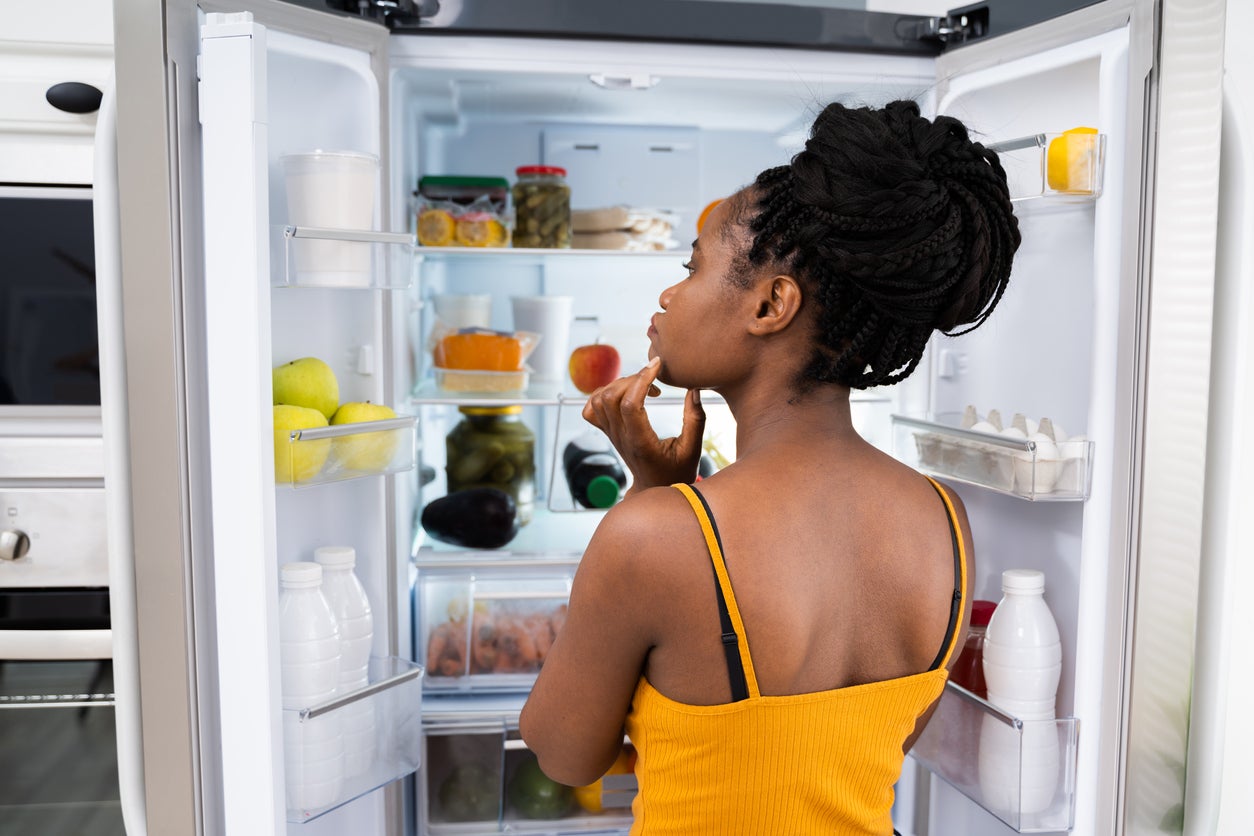
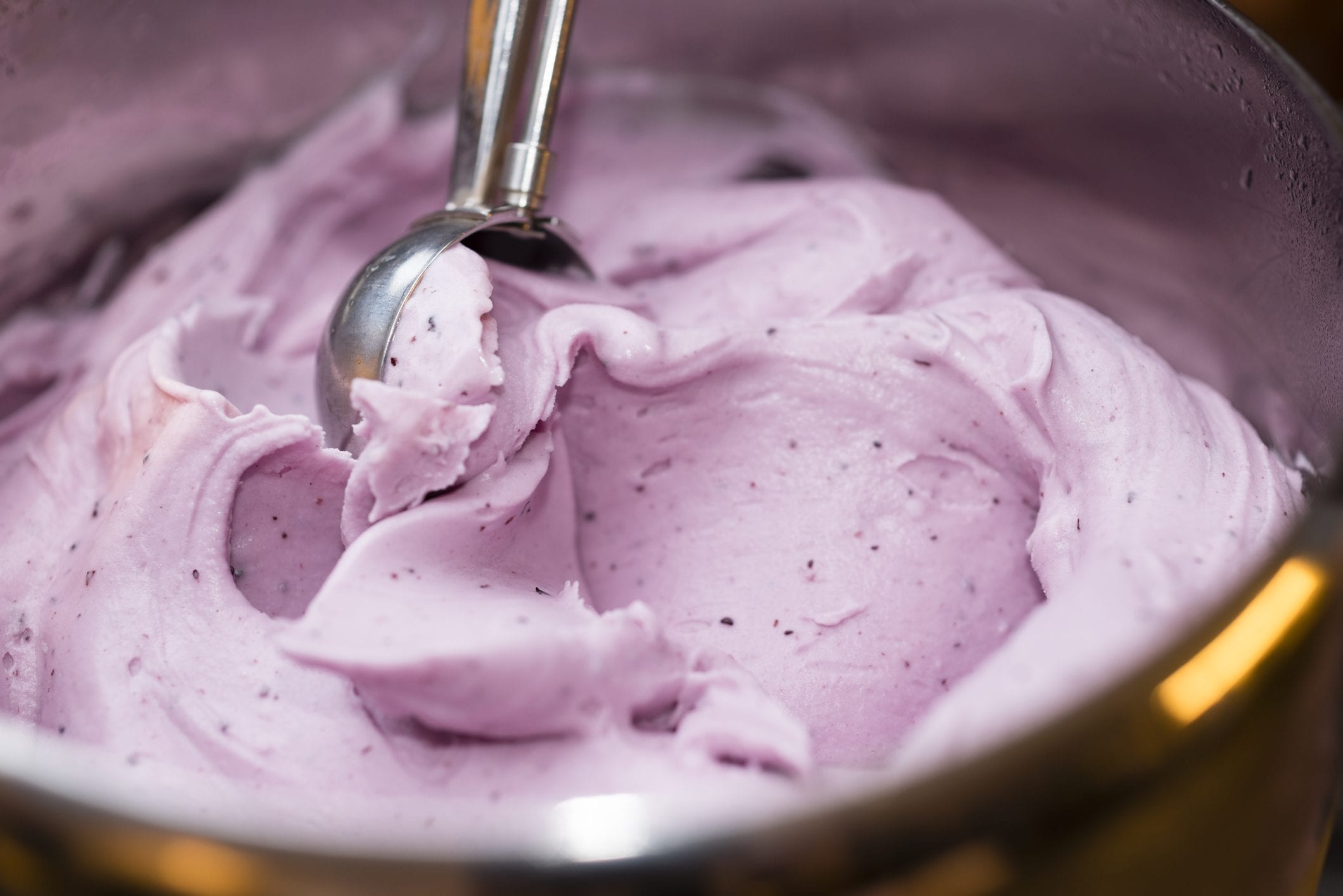
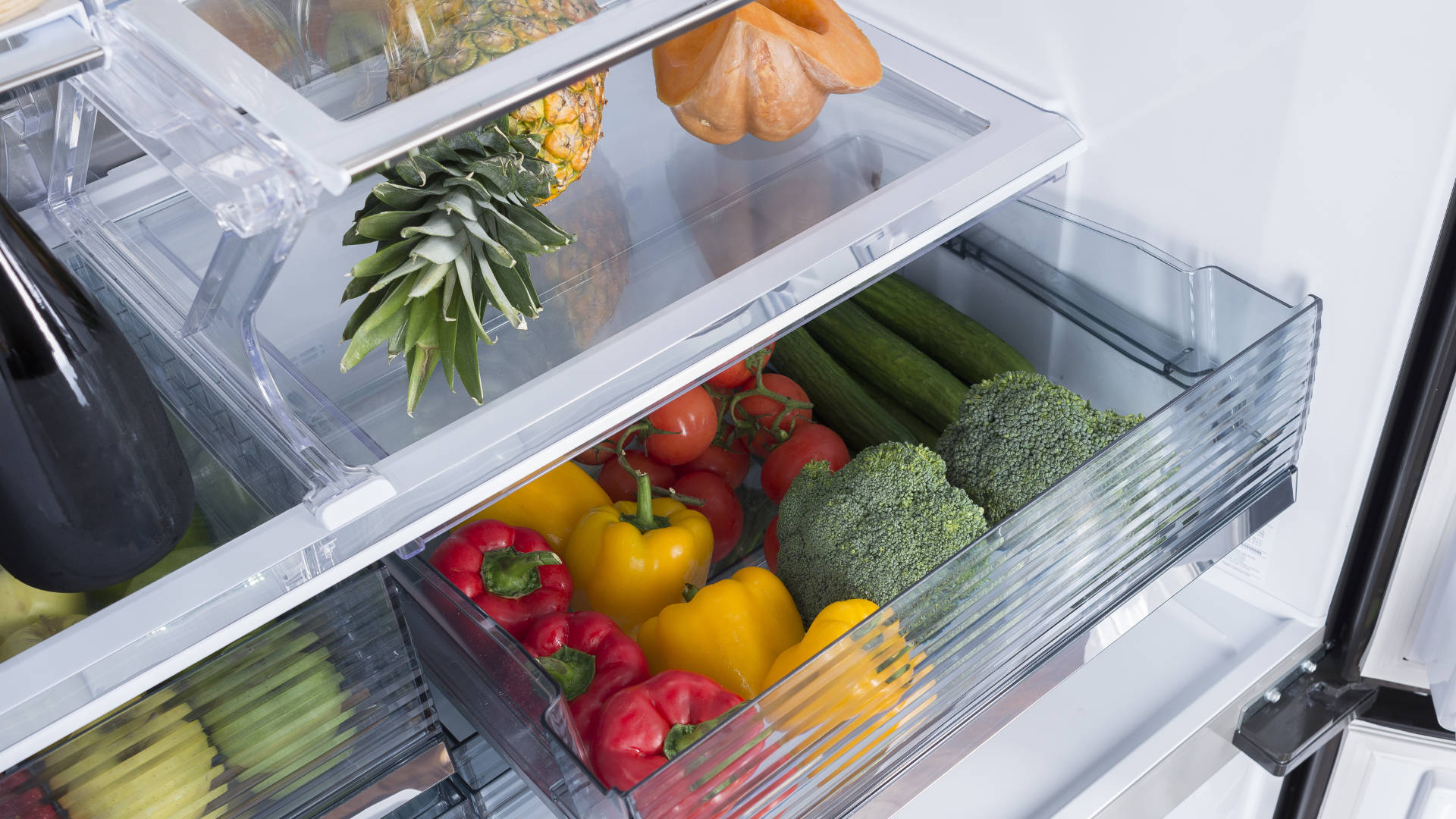
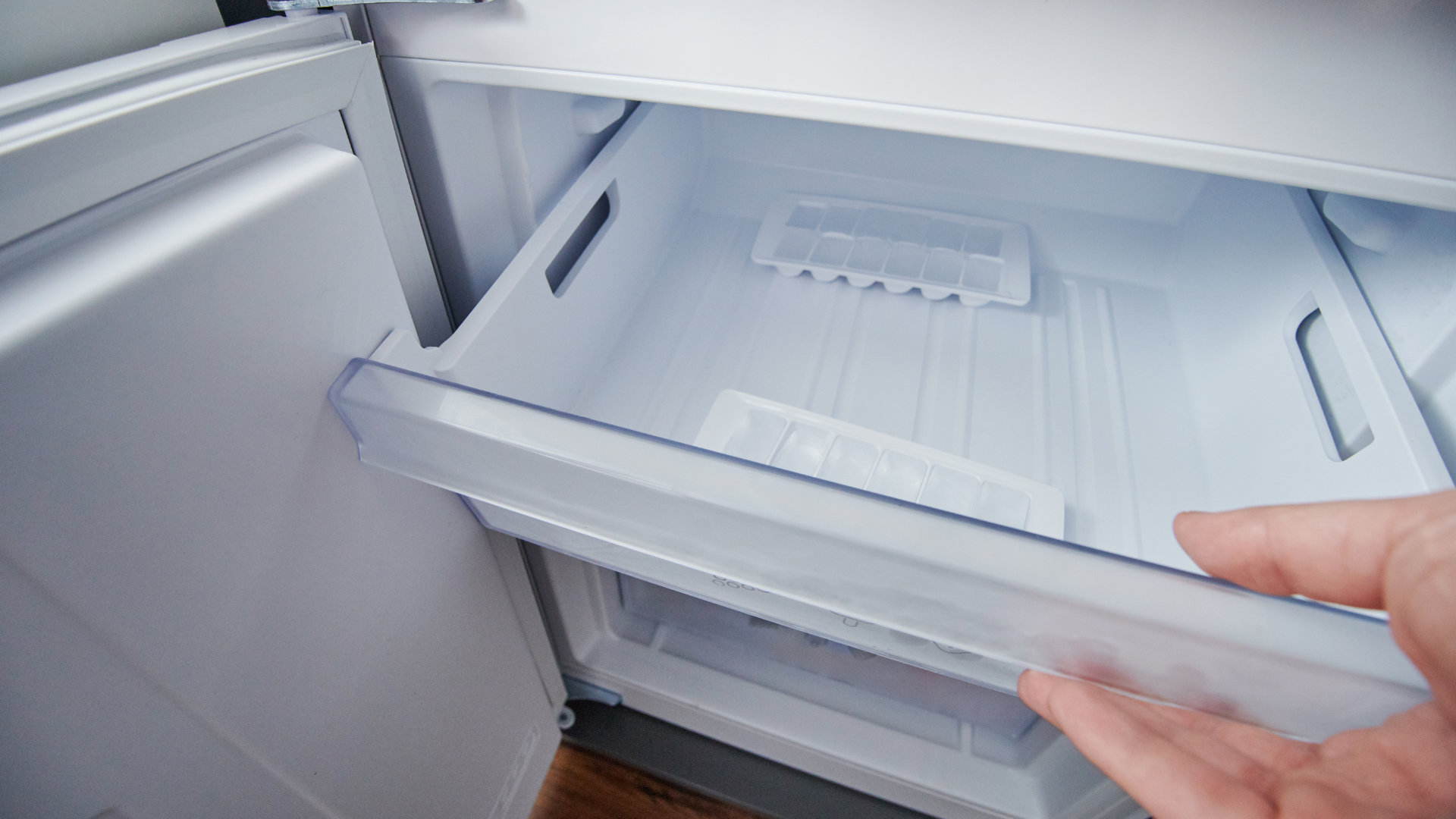
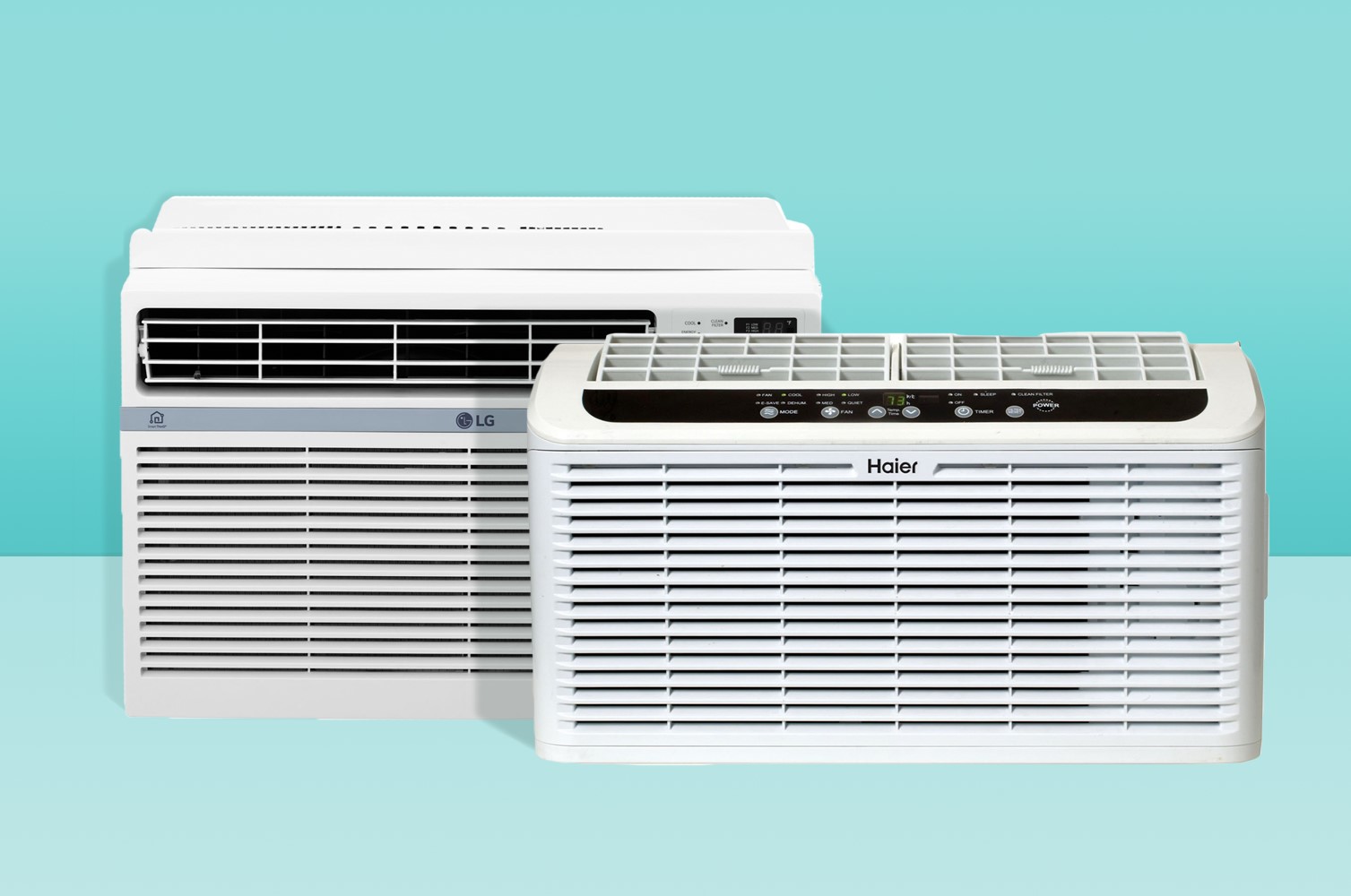
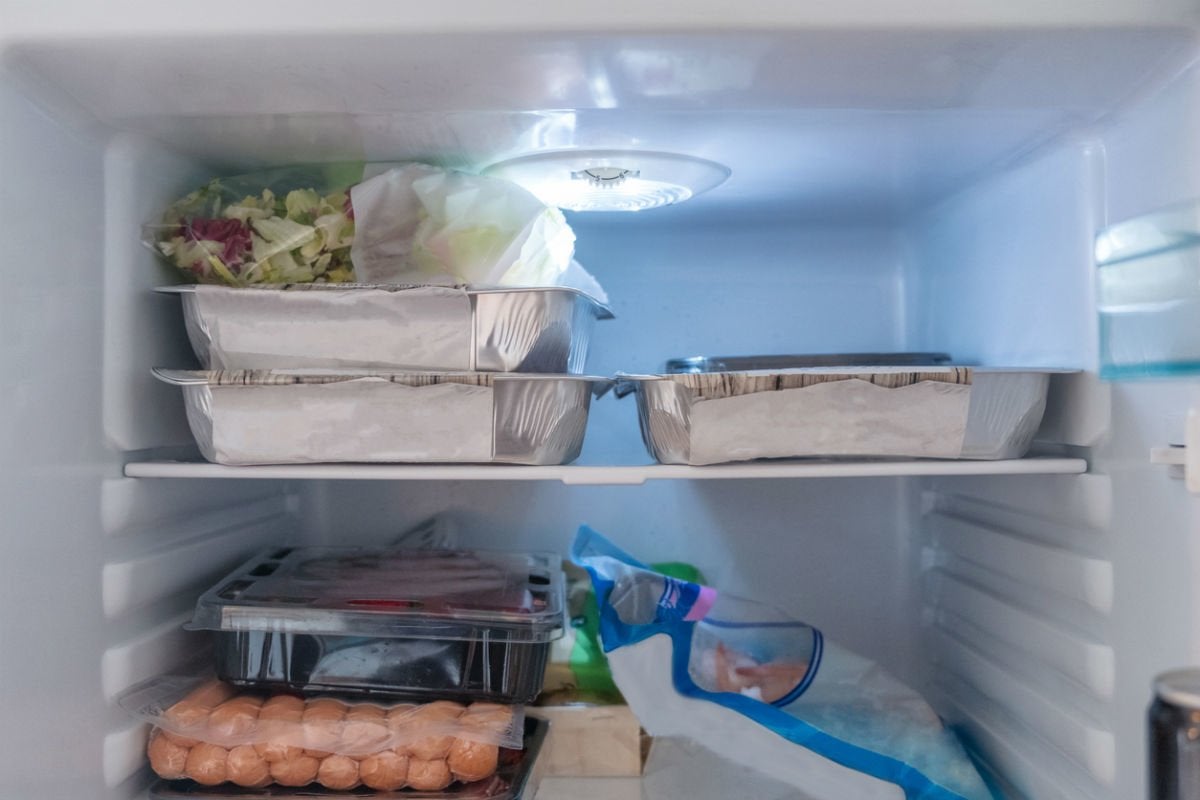
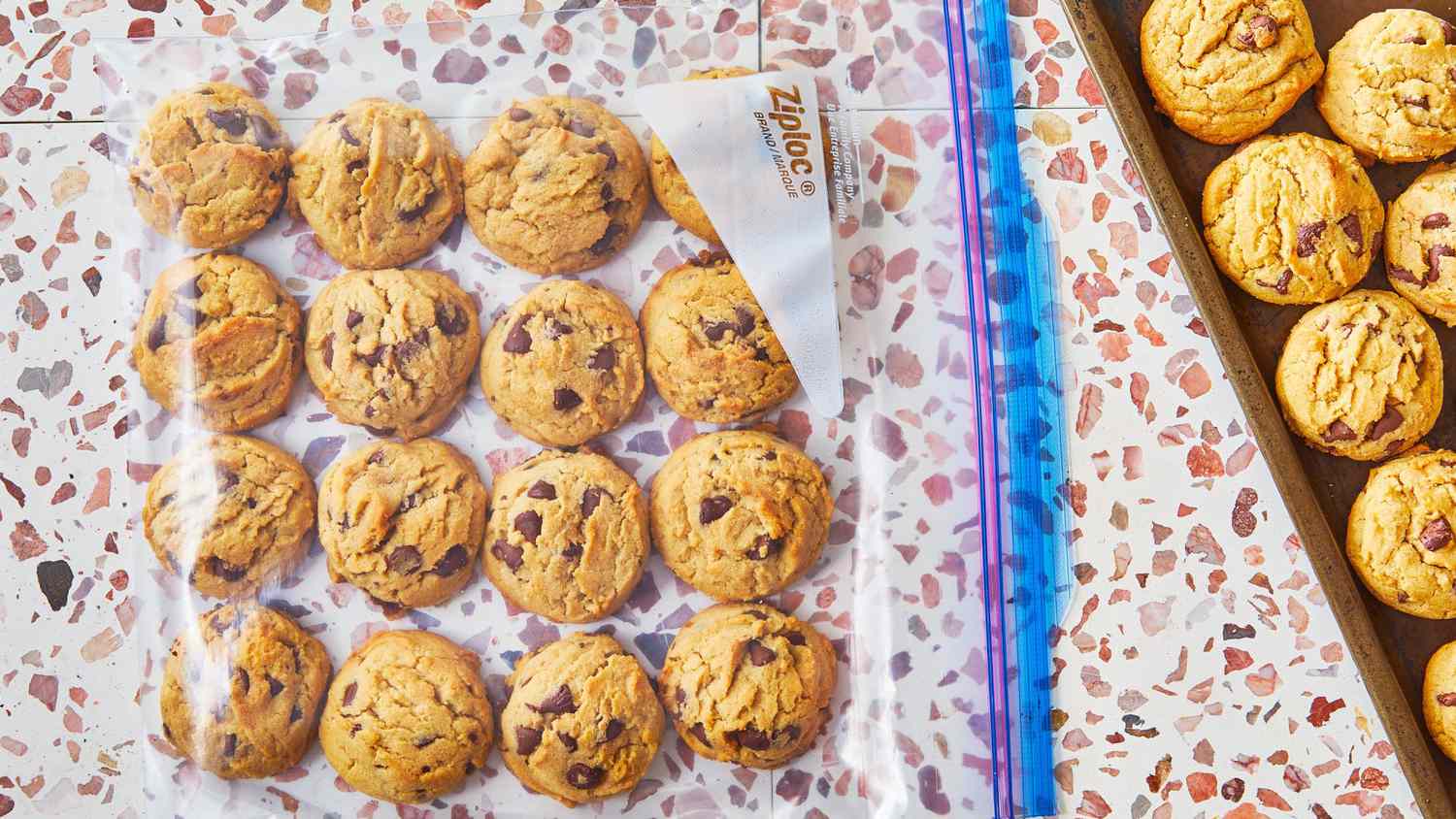
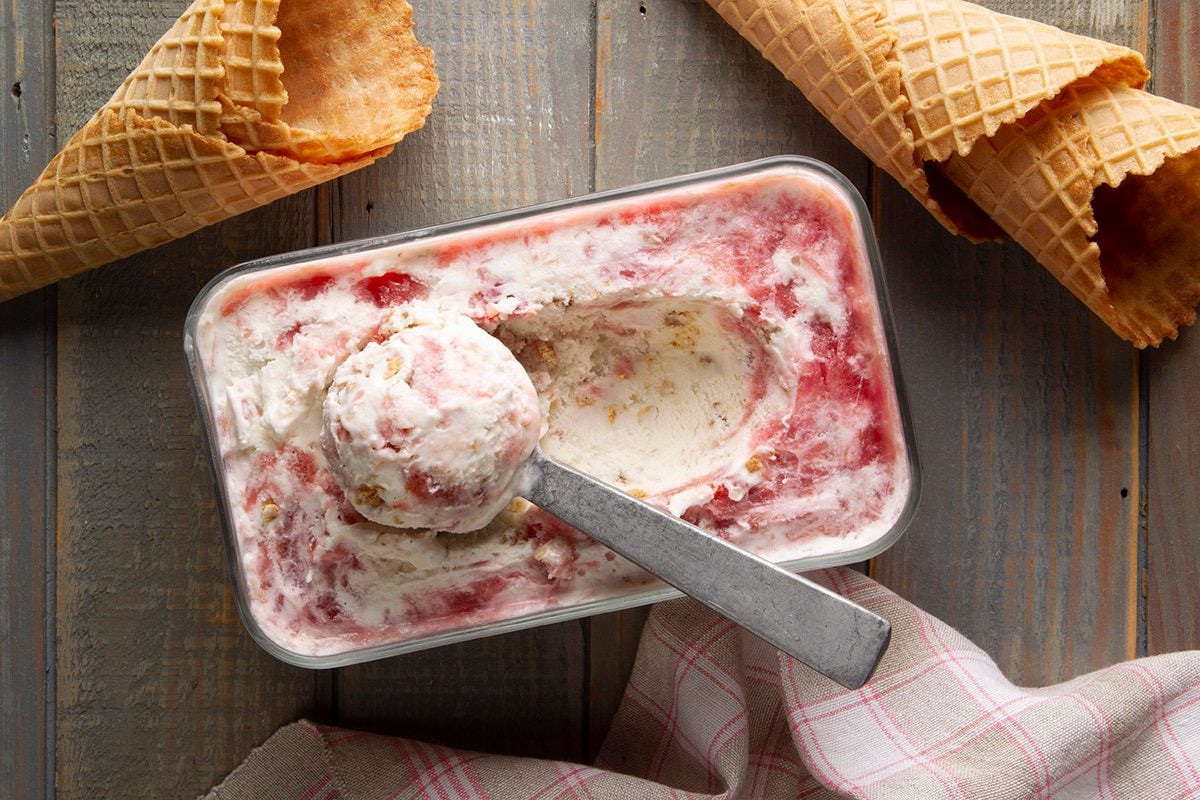
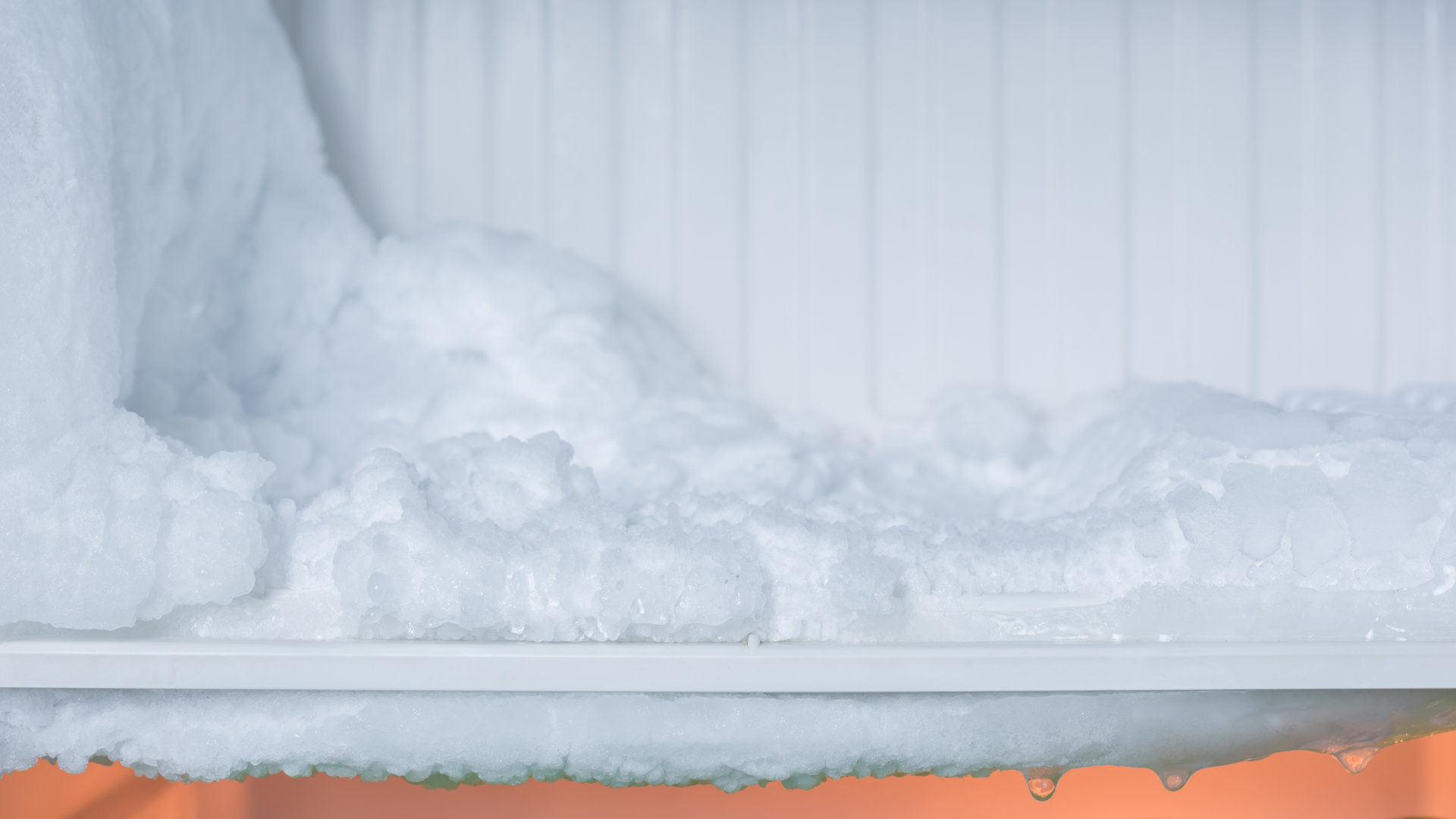

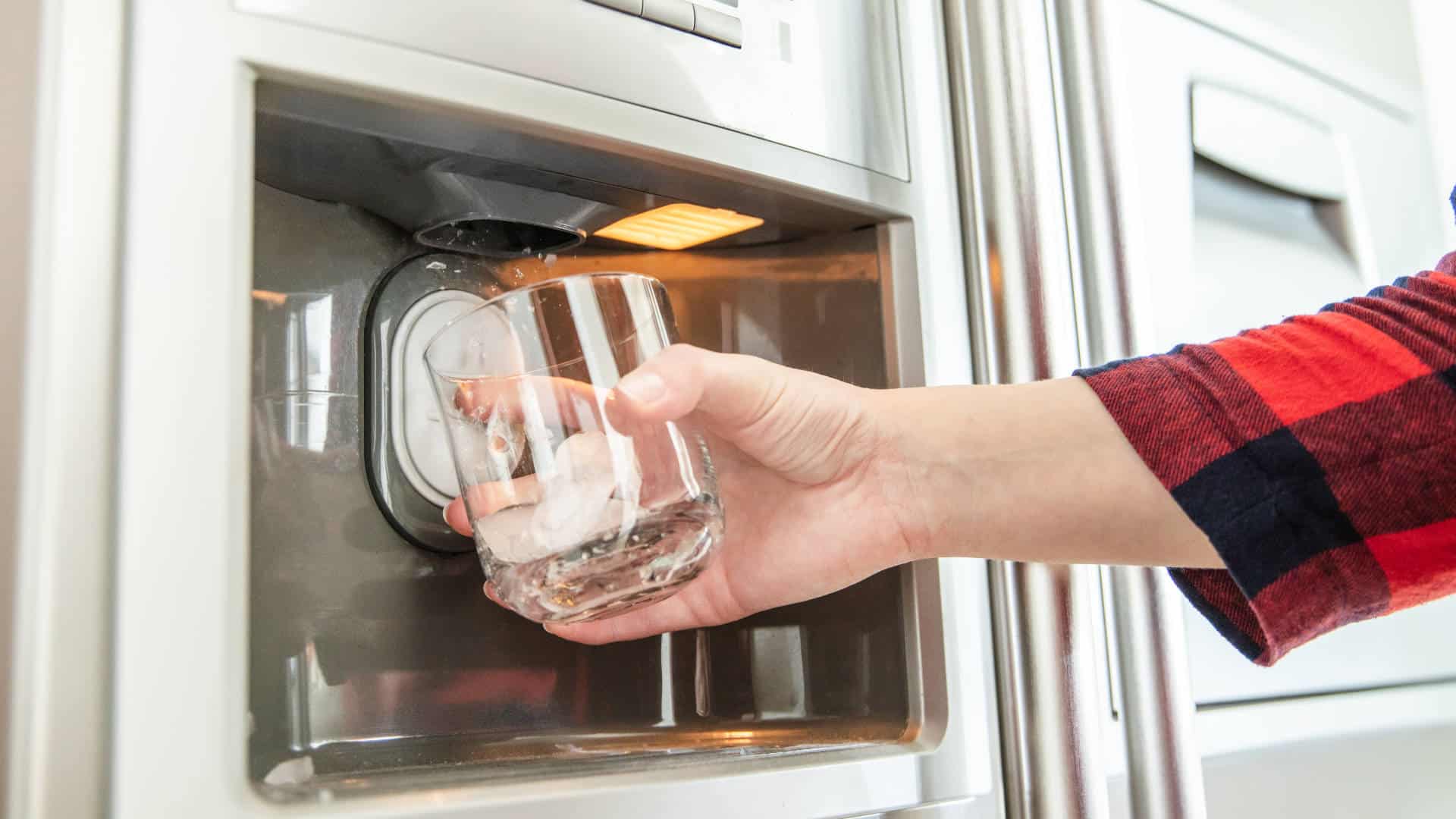

0 thoughts on “Why Isn’t My Freezer Freezing”